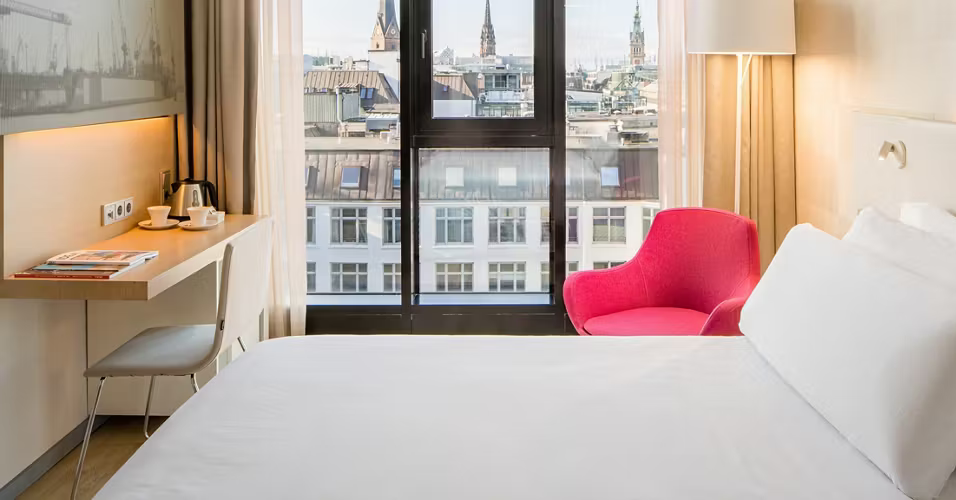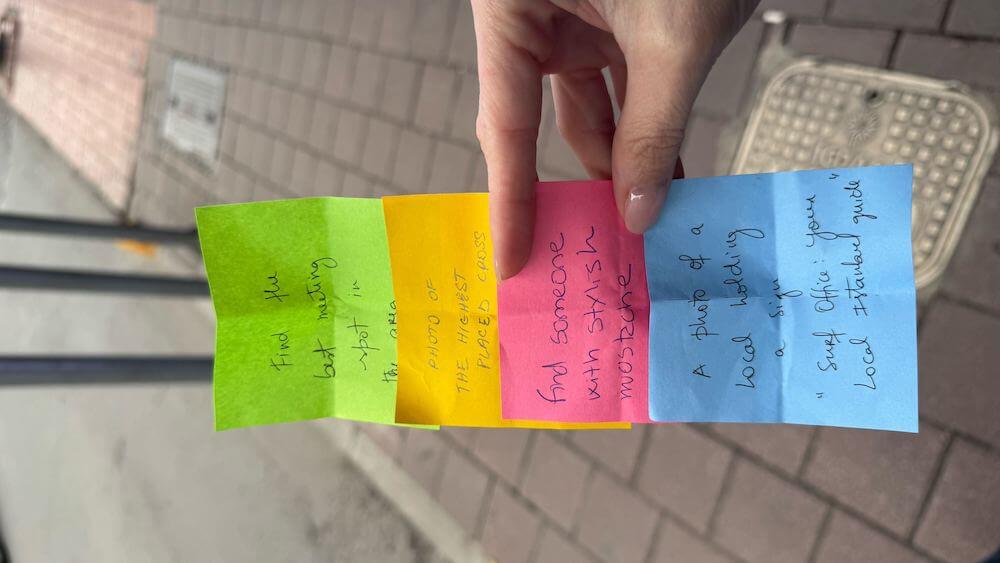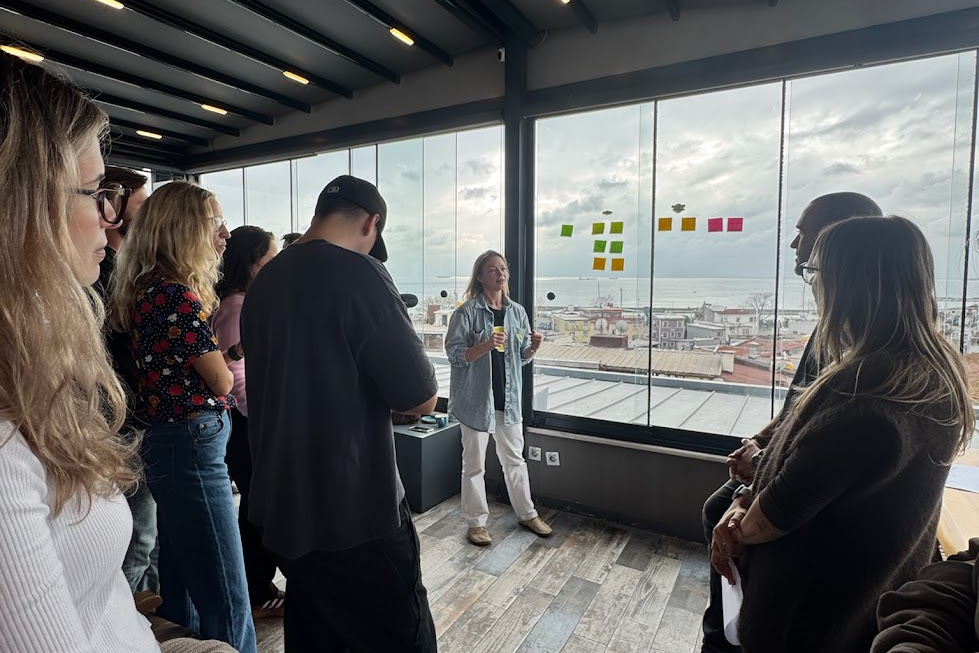


This is a guest post by Steffen Hedebrandt, Marketing director at Airtame who visited Surf Office Lisbon last year. With his past experience as Nordic Director at Upwork and MSc. in Strategy, Organization and Leadership Steffen blogs and speaks frequently about startups, digitization, innovation and digital nomads.
"We’re moving the office to a house for 10 days" Jonas Gyalokay, Airtame director, announced a month ago. Ten days! Has he gone mad? Is it genius? Is this even possible?
Thursday last week I came home from one of the most remarkable experiences in my work life.
With Airtame we moved 30 men into Thalia in Marielyst, the old recreation home of Danish actors.
The entire office was literally packed and moved to a cottage. Monitors, cables, computers, everything was packed down, moved and set up again.
Why?
We have recently granted 4.4 million Danish Kroner from the Innovation Fund to develop a cloud platform that can manage Airtames from the cloud.
For instance, Dronninglund Gymnasium is one of the customers who will be using this product. They have an Airtame installed in each projector, 45 in total. Soon we will be also serving school districts in the United States where the need will be to manage 5-10-20 times as many Airtames. As you can see, there is a huge potential for our product.
A cloud platform would allow schools to manage all Airtames via one website.
This project can help us get ahead of our competitors so it’s vital to develop the platform quickly and of top quality. To tackle such amount of pressure Airtame management came with a clear plan: workation.
What’s also worth mentioning is that we hired 50% new employees over the last year. These 10 co-living / workation days would help all employees, current and new, build stronger relationships with each other.
How we did it
Each department had been instructed to come up with goals for what they wanted to achieve over the 10 days.
Our customer service wanted to redesign our entire Zendesk setup. Marketing guys wanted to multiply website traffic and automate as many flows as possible. Sales wanted to talk to 100 customers, programmers were all-in for creating the cloud platform. Others requested functionality, which was essential as we’d moved forward.
Days started typically with breakfast between 7 and 10. Some days it was earlier, other times a bit later because we might have worked late the night before.
At 10 we had a daily stand-up. Each employee was given about 30 seconds to explain to the other colleagues what they wanted to achieve on that day.
Then we got into 3 hours of intensive work until 1pm, when lunch was served. Lunch was combined with what we called Lunch-and-Learn. Each department was alternately responsible for a specific in-depth topic that they presented to others. After lunch we worked again until 7pm when we sat together for dinner.
We needed to move our bodies a bit though. We arranged voluntary "daily workout" at 5:30pm which was a welcome relief from the keyboard and monitor. Others took advantage of the house's location being a few hundred meters from the beach and went for a walk to get some air.
A lot of evenings we used recreation facilities inside the house. Table tennis, foosball, PlayStation and watching the latest episode of Game of Thrones were all gladly enjoyed. We even organized a Counter Strike tournament.
Still, shortly after the break the passion for work returned at full throttle. Computers were turned on. New lines of code were programmed. Sales would be increased. Customer experience was to be improved. The evenings were long and most of us worked until midnight or even longer.
The 10 days of hard work finished on Wednesday night when we held a DEMO event and a party. Each department presented what they achieved over the last days. Many showcased jaw breaking and provocative results. It was as if someone had sprinkled magic dust over the house. We achieved a large part of the already ambitious targets that had been set before the workation began.
Checklist for a successful workation:
- Be 100% sure that there is high-speed internet throughout the accommodation.
- Make sure there is room for contemplation, concentrated work, as well as social and dining facilities.
- Ensure that all employees have good sleeping facilities.
- Find a cook. We saved a lot of time having a chef that coordinated and made three meals a day.
- Set ambitious goals to achieve and hold up to each of these throughout your workation.
- Have fun. Ensure that employees get closer to each other. Play football, table tennis, jump in the pool, take a walk on the beach.
- Find a location that is not impossibly far from your place of residence. Some may need to come home and visit family and friends.
Here’s a video that illustrates some of the learnings from our 10 day workation.
What do you do in order to increase productivity in your business?
Have an inspiring story from your workation? Let us know!
And if you're only thinking about going on one, Lisbon is a great place to start.





















